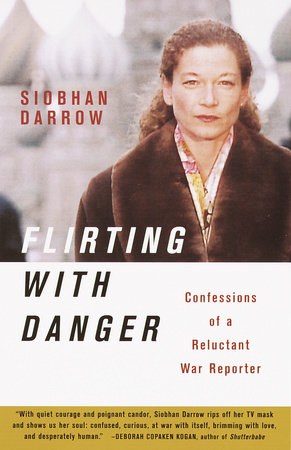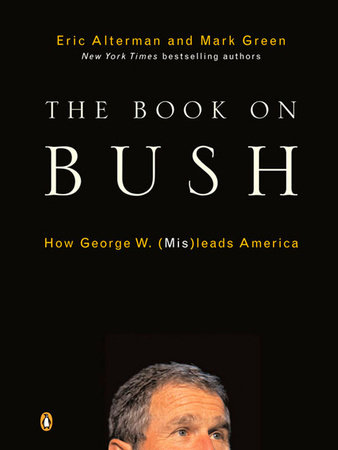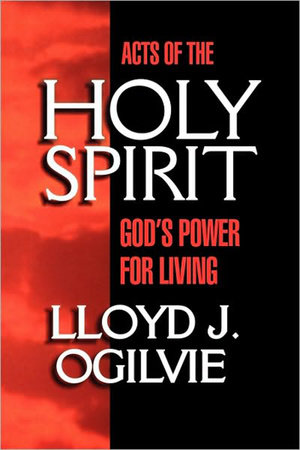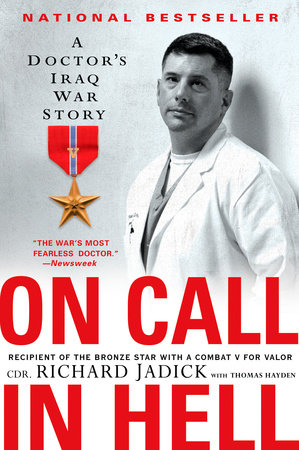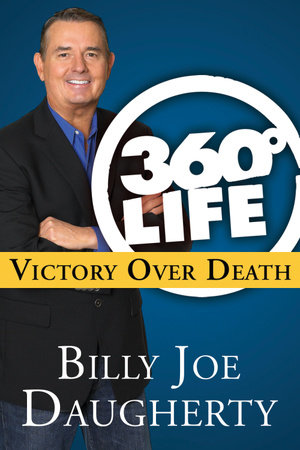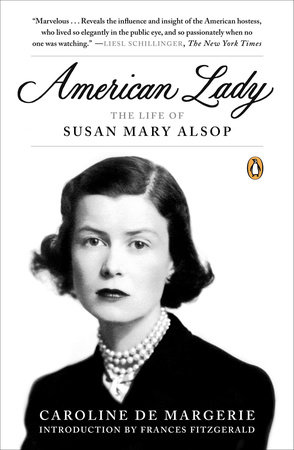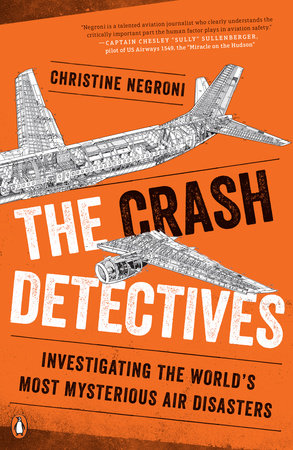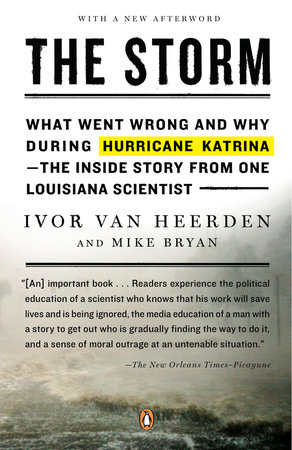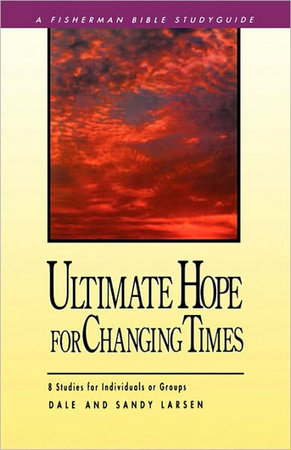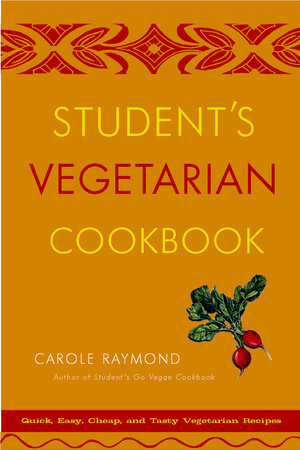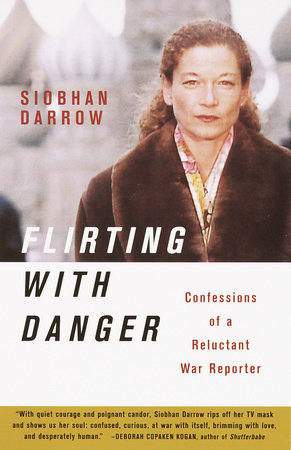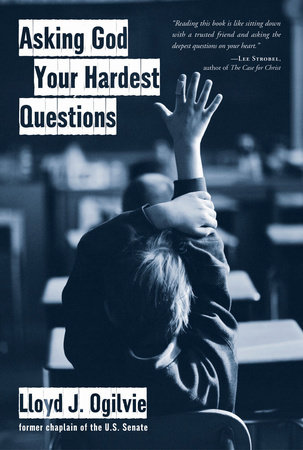Author Q&A
Q: You’ve spent most of your professional life in front of a camera, reporting on breaking news events around the world. What made you turn to the quieter life of memoir writing?
A: After years of racing from one crisis to another telling other people’s stories, I felt the need to stop running, to stay in one place, and to know my own story. I had been running so long, many of the events I covered felt like a blur in my memory. I felt I had to stop to keep myself from becoming deadened inside. I had to ask myself why I had put myself out there on the front lines, endangering myself, over and over. It was not an easy question to answer. But as I wrote, I realized that for me, covering the news was a way to keep other things at bay–things I really wanted like intimacy, a serious relationship, a family. News had become my emotional surrogate. For me, writing a memoir was a way to understand what I had done, and also a way to make me stay in one place and look myself in the mirror. I realized I was just like many other women who have been out in the world chasing big careers, putting work before all else, only to wake up in my late thirties alone and afraid I would miss out on what really matters in life.
Q: Early on in Flirting with Danger, you talk about your unusual childhood in New Jersey, troubled by poverty and an absentee father. Underlying all of that was religious tension. Your father’s family was Jewish and your mother is Irish Protestant. How did observing religious conflicts in Europe and the Middle East help you understand the battles in your own family?
A: Sometimes I thought that I was suited to covering wars because I grew up in a war zone, with my parents constantly at each other’s throats. All my emotional armor was already in place. But on another level, when I was reporting on ethnic conflicts in Chechnya, Croatia, Northern Ireland, or Israel, I found myself drawn to the ‘bad’ guy’s side of the story. We in the media have a tendency to portray conflicts in black and white, with a simple good guy/bad guy split. I did that, too. But I was often drawn to hearing out the less popular side, whether it was the Serbs in Croatia or the Protestants in Northern Ireland. Somewhere along the way I realized that in my family, my mother always portrayed my father as the bad guy, and that for a long time I swallowed her view, rather than seeing that there are really two sides to every story. My father died when I was a teenager, and I never got to know his side of things. It was an absence that I think spurred me to hear both sides of a story, sometimes sympathizing with the ‘bad’ guy whose side is not being fully told.
Q: You spent a lot of time in Russia, both as a student and as a reporter. Did your experience living in Russia during the Cold War shape your views about American politics and capitalism?
A: When I lived in the Soviet Union as a student, I got a firsthand view of communism and all its ills. It made me really appreciate the freedom I had enjoyed in the U.S. But it also allowed me to see the U.S. from an outsider’s perspective. I saw how arrogant and naïve and insensitive Americans can be, without even knowing it. America is a young country, like an impetuous teenager who has not understood the meaning of struggle and hardship in the same way that the Russian people have. The Russian people have a lot to be proud of.
Q: With your involvement in CNN’s World Report, you stress the need to expose both sides of a story. Has the current wave of terrorism made you rethink your views?
A: Not at all. I believe even more strongly in the need to hear all sides. Painting any situation in black and white polarizes each side, and makes solutions harder to find. Osama bin Laden may be a madman, but the poverty and misery in the Arab world that breeds fanaticism is very real. We need to look at the underlying causes for all this rage and sometimes that means hearing other views, even if they are abhorrent to us.
Q: What was it like as a woman to report from locations in which women are denied a voice in political affairs? Were you ever slighted in favor of your male counterparts?
A: Often women feel they have to be tougher and braver than their male counterparts to prove their right to be in a war zone. In most cases, being a CNN reporter trumped being a woman. Even combatants who think women belong at home want to get their story told. If they must tell it to a woman, so be it. I think sometimes having a woman around broke up the monotony for them. But it wasn’t always easy. The first time I showed up at Russian Headquarters in Chechnya with a camerawoman and a female producer, and asked to be flown to the front with Russian troops, the Russian commander laughed at us. After a few days he relented. Then he got attached to us, and was sorry to see us go when we finally left his base a week later.
Q: How do you feel watching former colleagues covering the war now? Do you wish you were there?
A: I feel enormous compassion for them. I know how hard it is out there, how hard it is to find food, to stay warm, to find electricity, just the basics to stay alive. I worry about their safety. I know the fear they may have at times, the fear I tried to ignore when I was out there but was nonetheless my constant companion. I have no more desire to be there. I have broken my addiction, taken off my emotional armor, and I don’t think I could handle it out there anymore. I am content to stay home. I had my time, and it was exciting. But I want different things in my life now.
